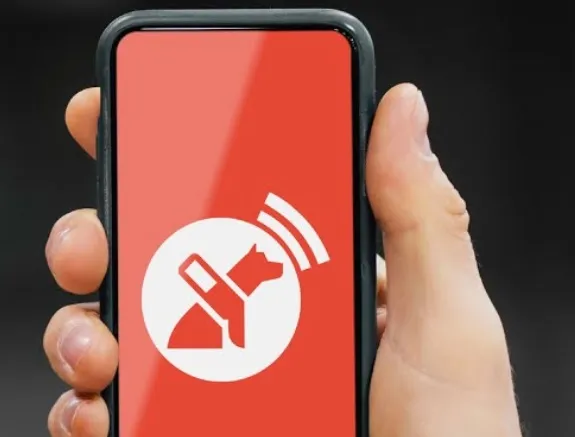The Bird Delivery service is not yet operational – pricing and the cities chosen to pilot the service will be announced “in due course”.
Travis VanderZanden, founder and CEO, says the programme was created to address frustrations voiced by riders about not having consistent and reliable access to scooters.
More information on the service - including how to join the waiting list and secure a priority placement - is available on the website.
In July, Bird formed a global safety advisory board to implement campaigns and products to help improve safety for riders using its electric scooters.
Also, Bird said it would continue working with cities through its Save Our Sidewalks pledge to help improve rider safety and improve the quality of bike lanes.
David Strickland, who led the
Bird to deploy electric scooter delivery service
Customers of micro-mobility firm Bird will be able to have electric scooters sent to their homes and businesses by 8:00am under new plans announced by the company.
The Bird Delivery service is not yet operational – pricing and the cities chosen to pilot the service will be announced “in due course”.
Travis VanderZanden, founder and CEO, says the programme was created to address frustrations voiced by riders about not having consistent and reliable access to scooters.
More information on the servic
October 18, 2018
Read time: 2 mins
Customers of micro-mobility firm Bird will be able to have electric scooters sent to their homes and businesses by 8:00am under new plans announced by the company.
Related Content












